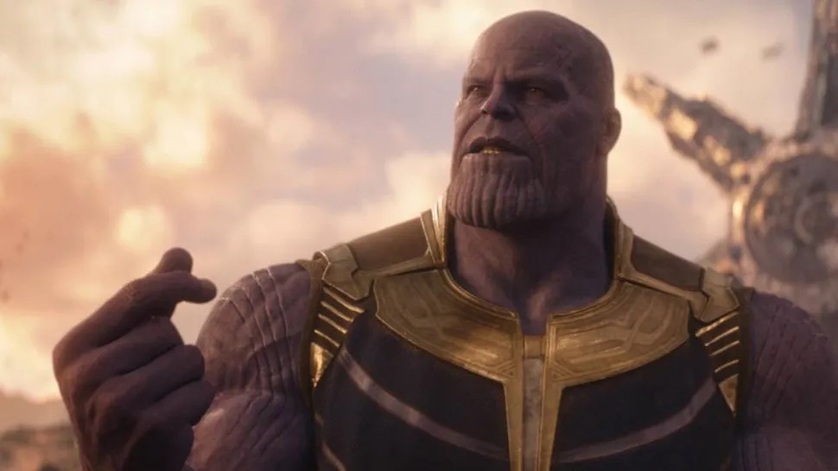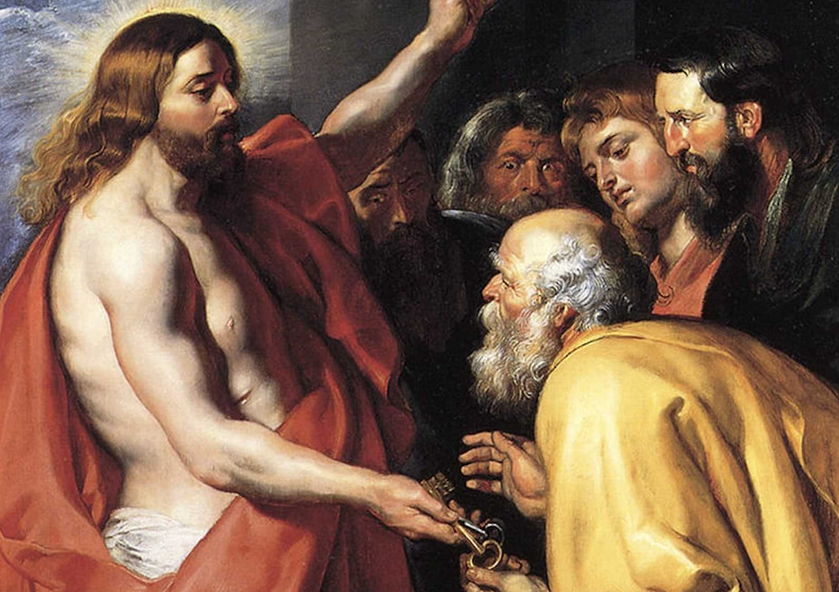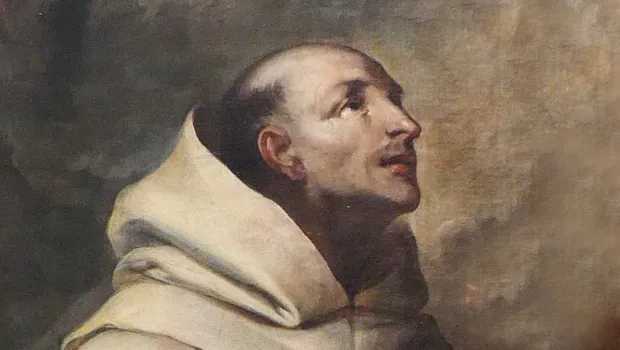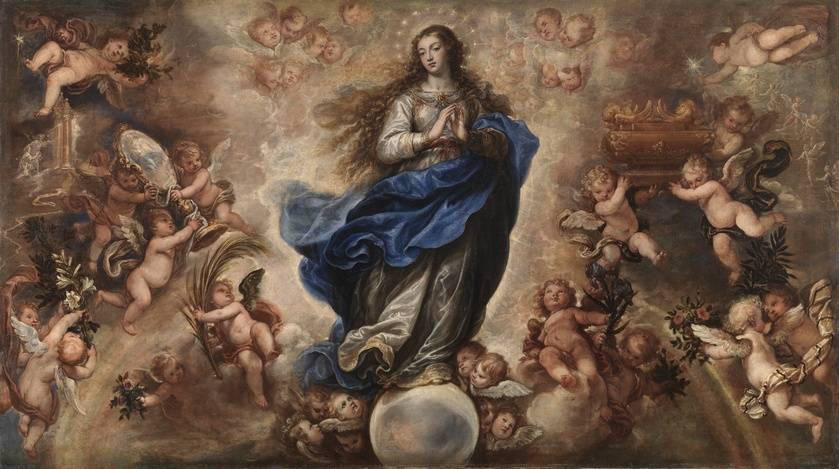Below is an imagined Socratic dialogue between a Catholic (Leo) and a Protestant (Martin). It is not intended to be an exhaustive argument but rather to help Catholics see that there is strong Patristic evidence for the early Church's belief in the authority of the Pope.
Special thanks to Madeline McCourt for her assistance in editing this article.
Martin: I’ve heard it said that the early Church gave unique authority to the Bishop of Rome, but honestly, I just don’t see it. To me, it seems like a later development rather than something the early Christians actually believed.
Leo: That’s an understandable concern, and one I’ve heard before. But if we take an honest look at the writings of the early Church Fathers, they seem to say something very different. Let’s start with Ignatius of Antioch. He wrote around A.D. 110 and called the Church of Rome the one that “holds the presidency.” Doesn’t that suggest a kind of leadership role?
Martin: Not necessarily. When Ignatius says that Rome “holds the presidency,” he could be referring to its importance as the capital of the empire, not as some kind of spiritual authority.
Leo: That’s an interesting point, but Ignatius doesn’t frame it that way. He’s writing to a church, not the emperor or the civic authorities. And he specifically praises the Roman Church for its spiritual character, saying it’s “worthy of God, worthy of honor, worthy of blessing.” Moreover, he commends them for teaching others and instructing the faithful. That’s not a description of political power—it’s spiritual authority (Letter to the Romans 1:1, 3:1).
Martin: Even so, Ignatius doesn’t explicitly say that the Roman Church has authority over other churches. He’s being respectful, but respect isn’t the same as submission.
Leo: Fair enough, but let’s consider Pope Clement I. Around A.D. 80, he wrote to the church in Corinth to address a serious dispute. He doesn’t just offer advice—he commands them to reinstate their leaders and warns them that disobedience to his letter would put them in “no small danger.” Clement even claims to be speaking “through the Holy Spirit” (Letter to the Corinthians 1, 58–59, 63). Why would a bishop in Rome have the right to intervene in the internal affairs of a church in Greece unless there was an acknowledged authority?
Martin: Maybe Corinth respected Clement’s wisdom, but that doesn’t mean they recognized him as having jurisdiction over them. He could have been acting as a wise elder, not as a pope.
Leo: That’s possible, but Clement’s tone doesn’t suggest he’s merely offering advice. He writes as someone with the authority to settle the matter definitively. And we see this pattern again with later bishops of Rome. Take Pope Victor, who excommunicated the churches in Asia Minor over the date of Easter. Other bishops appealed for peace, but they didn’t deny that Victor had the authority to make such a decision (Eusebius, Church History 5:23:1–24:11). If the early Church didn’t recognize the authority of the Bishop of Rome, why didn’t they challenge his right to excommunicate?




























